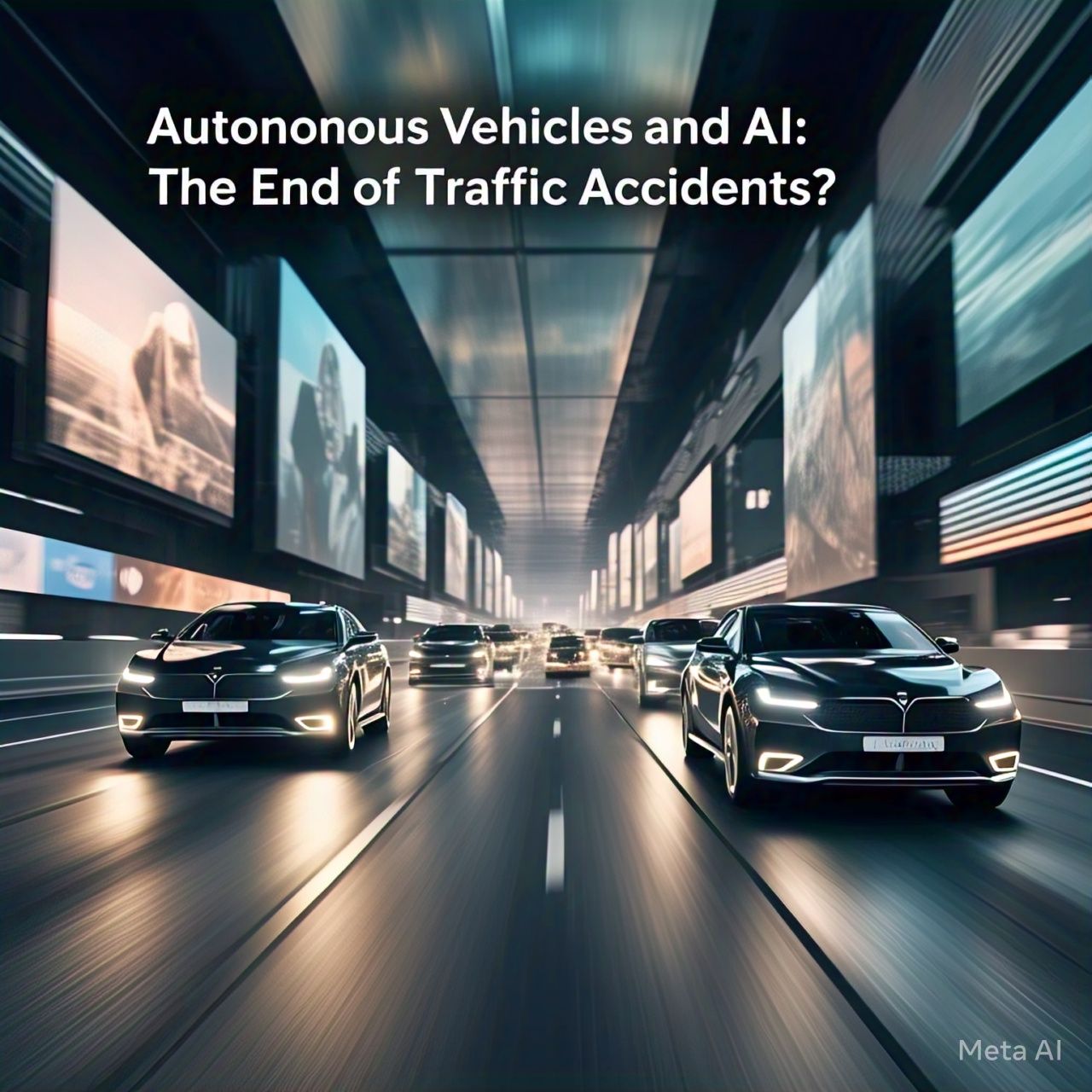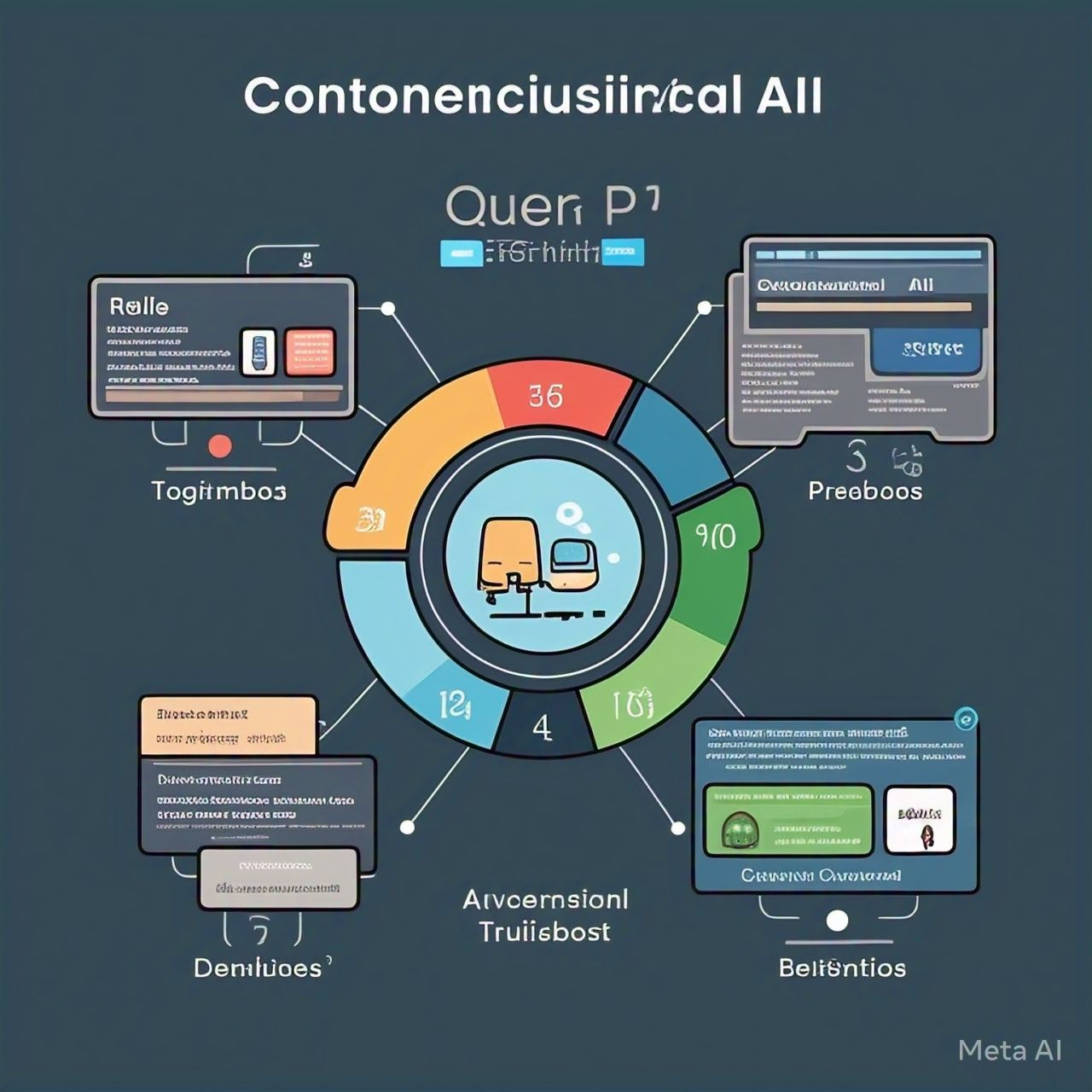SEO War 2025: Competing in the AI-Dominated Search Landscape
As we enter 2025, the world of SEO is experiencing a dramatic shift. The rise of artificial intelligence (AI) is reshaping how search engines rank content, making it more competitive than ever. With AI now at the core of search engine algorithms, businesses and marketers need to rethink their strategies if they want to stay visible in an increasingly crowded online space. This article explores how AI is transforming SEO and offers insights on how to compete successfully in the evolving AI-dominated search landscape.
1. The AI Revolution: What’s Changing in SEO?
AI has already started playing a central role in SEO, and by 2025, its influence will only grow. Google’s algorithms, such as RankBrain and BERT, have been using machine learning for years to better understand user intent and deliver more relevant search results. As AI becomes more advanced, search engines will rely even more on these technologies to provide accurate, high-quality results.
AI is making it possible for search engines to:
- Understand context and search intent better than ever before.
- Prioritize content that provides value and relevance over just keyword optimization.
- Recognize semantic relationships between words and phrases, focusing on the meaning behind the search.
For marketers, this means that SEO is no longer about simply stuffing keywords into content. Instead, it’s about creating contextually relevant and valuable content that answers users’ questions in the best possible way.
What You Can Do:
- Focus on creating high-quality, comprehensive content that fully answers user queries.
- Avoid overusing keywords and instead prioritize natural language that matches user intent.
- Use semantic SEO techniques to connect related topics and ideas, creating content that is truly valuable to users.
2. Competing for Attention: The Importance of User Intent
With AI’s ability to understand user intent, SEO is shifting away from the idea of matching search terms to focusing on satisfying search intent. Google’s AI-powered algorithms are becoming increasingly adept at understanding the context of a search query. For example, if someone searches for “best vegan restaurants near me,” Google won’t just look for pages with the keyword “vegan” and “restaurants”; it will prioritize content that best answers the user’s immediate need for local, relevant recommendations.
This means that websites that focus on user intent—the why behind the search—will have a competitive edge in 2025. Google will reward content that aligns closely with what users are truly looking for, based on both contextual relevance and user behavior.
What You Can Do:
- Analyze user search behavior and intent by researching long-tail and conversational keywords.
- Ensure your content addresses common questions and provides clear solutions that align with user expectations.
- Prioritize local SEO if your business serves a specific geographic area.
3. AI and the Shift to Natural Language Processing (NLP)
By 2025, Natural Language Processing (NLP) will play a massive role in SEO. Google’s AI algorithms, such as BERT (Bidirectional Encoder Representations from Transformers), have already started to use NLP to better understand how humans communicate. In the future, this technology will become even more refined, allowing search engines to interpret complex queries, conversational language, and even sentiment more effectively.
This shift means marketers will need to optimize their content for conversational search and long-tail keywords. As voice search becomes more popular and users interact with search engines in a more natural way, SEO strategies will need to evolve to focus on more human-like queries.
What You Can Do:
- Optimize for conversational keywords by using a natural tone and answering questions that people are likely to ask.
- Incorporate long-tail keywords and phrases that reflect how users speak or phrase their queries.
- Create content that answers not just “what” users are searching for, but why they are searching for it.
4. The Rise of AI-Powered Tools and Automation in SEO
With AI’s growing role in SEO, marketers will need to leverage AI-powered tools to stay ahead of the competition. These tools can automate many aspects of SEO, from keyword research and content creation to performance tracking and optimization. In 2025, AI tools will be even more advanced, allowing marketers to make data-driven decisions faster and more efficiently.
Tools powered by AI will help you:
- Generate content ideas based on trending topics and user interests.
- Analyze competitors and identify gaps in your content strategy.
- Optimize on-page SEO, including meta descriptions, title tags, and keywords, all with AI assistance.
What You Can Do:
- Use AI-powered SEO tools for more efficient keyword research, content analysis, and performance monitoring.
- Embrace content automation to stay competitive, but ensure your content maintains a human touch.
- Leverage AI to analyze trends and adapt your SEO strategy quickly to stay ahead.
5. The Growing Role of Video and Multimedia Content
In 2025, multimedia content, especially video, will be an essential part of SEO success. As search engines get smarter with AI, they will increasingly prioritize rich media like videos, images, and infographics. Videos, in particular, are a powerful way to engage users and keep them on your website longer, a behavior that search engines value.
AI is already being used to analyze video content, transcribing and understanding what the video is about. This means that videos, podcasts, and other multimedia will become a key element in SEO strategies.
What You Can Do:
- Incorporate video into your content strategy, whether it’s tutorials, explainer videos, or product demos.
- Optimize videos by using relevant titles, descriptions, and tags.
- Make sure your videos are easy to find, with clear calls-to-action and optimized for search engines.
6. AI and the Impact on Featured Snippets and Structured Data
In 2025, AI will continue to prioritize featured snippets and structured data. Google’s AI algorithms have already become quite proficient at pulling data from schema-marked-up content to display in rich snippets, knowledge panels, and more. This will continue to grow in importance as search engines strive to provide users with quick, relevant answers.
Marketers who use structured data effectively will have a better chance of being featured in these rich snippets, gaining valuable visibility in search results.
What You Can Do:
- Implement structured data (such as schema markup) to help search engines better understand your content.
- Optimize for featured snippets by creating content that answers specific questions in a concise and clear format.
- Focus on quick answers—try to provide the most important information in bullet points, lists, or direct answers.
7. Staying Competitive in the AI-Powered SEO War
As AI continues to dominate the search landscape, staying competitive in SEO requires more than just basic optimization. You’ll need to:
- Keep up with the latest AI-driven trends and adapt your strategy quickly.
- Focus on user-centric SEO, understanding and delivering on search intent.
- Leverage AI tools to streamline your processes and make data-driven decisions faster.
In this AI-powered SEO war, the key to success will be to prioritize creating valuable, context-rich content that meets user needs and answers their questions comprehensively. AI can analyze data faster than any human, but it still relies on quality content to deliver the best results.
Conclusion: Competing in the AI-Driven SEO Future
The SEO landscape in 2025 will be dominated by AI, and understanding how to leverage this technology will be crucial for success. By optimizing for user intent, embracing AI-powered tools, and focusing on multimedia content, marketers can stay ahead of the competition in the evolving SEO world.
The AI-driven search landscape may be challenging, but it also presents tremendous opportunities for businesses that are willing to adapt. By creating valuable, engaging content that aligns with user needs and leveraging AI tools to optimize your strategy, you can secure your place at the top of search results in 2025 and beyond.




